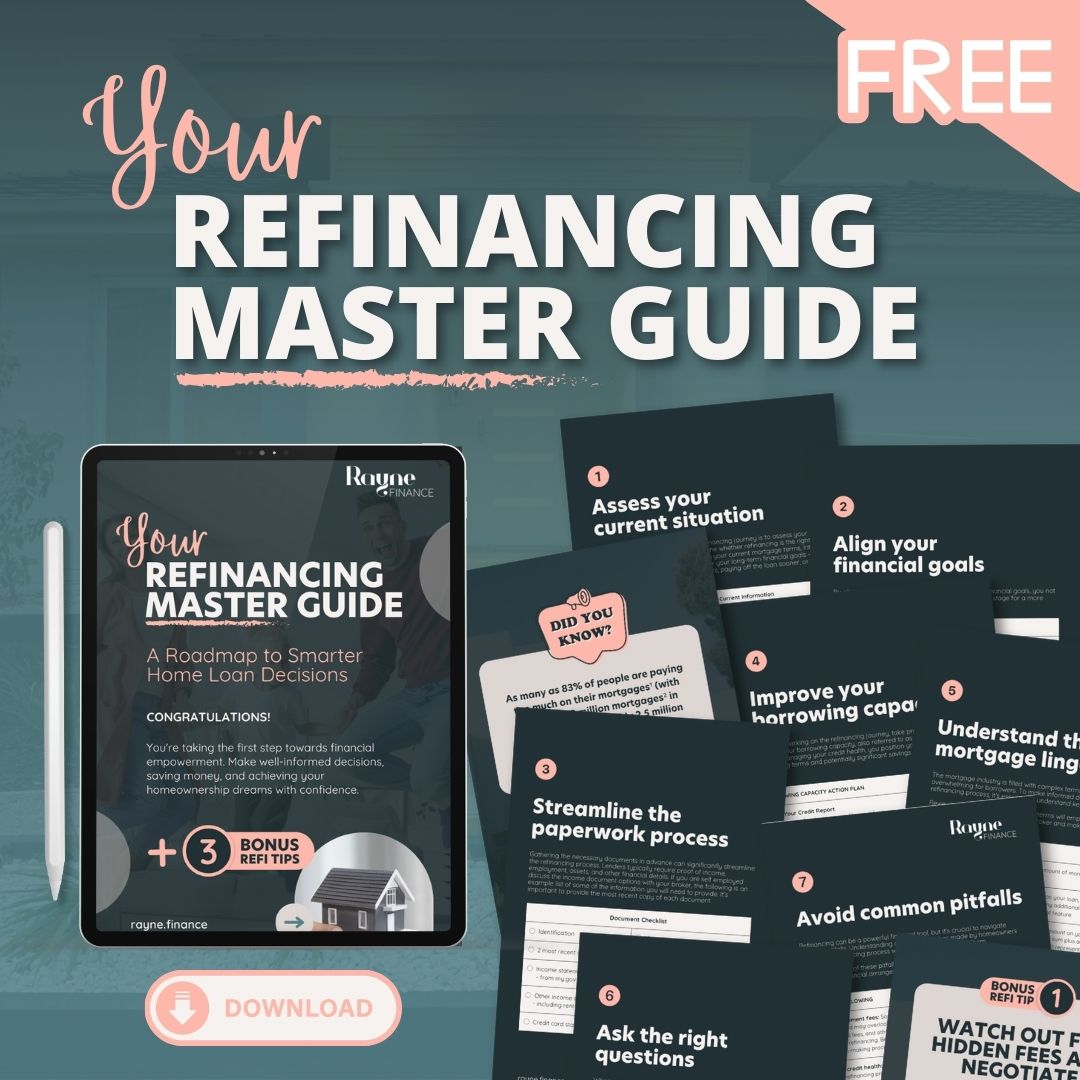Some lenders will accept a smaller deposit – even as low as 5%. However, buyers who go down that path will generally need to pay lenders mortgage insurance (LMI). This is a one-off premium that protects the lender if the borrower defaults on their loan. LMI is often a five-figure sum, depending on the size of the loan and the deposit gap.
First-home buyers may also be able to tap into government schemes. The First Home Guarantee, for example, lets eligible buyers purchase with as little as 5% deposit – without paying LMI. There are eligibility criteria, but it can be a fantastic option for those who qualify.
Keep in mind that the deposit isn’t the only cost to budget for. Buyers will also need to cover stamp duty (unless they’re exempt), legal fees, building and pest inspections, and moving costs. It’s important for buyers to have a buffer beyond just the deposit amount, so they don’t stretch themselves too thin.
Ultimately, while a 20% deposit is the standard option, it’s not the only way forward. With the right strategy and guidance, buyers can get into the market with less – and still put themselves in a strong financial position.
Licensing statement: Rayne Finance ABN [70 605 100 838] is authorised under LMG Broker Services Pty Ltd Australian Credit Licence 517192. Disclaimer: (1) As with any financial scenario there are risks involved. This information provides an overview or summary only and it should not be considered a comprehensive analysis. You should, before acting in reliance upon this information, seek independent professional lending or taxation advice as appropriate and specific to your objectives, financial circumstances or needs. This publication is provided on the terms and understanding that: (2) LMG Broker Services Pty Ltd, Rayne Finance (Seed Lending Pty Ltd) and the authors, consultants and editors are not responsible for the results of any actions taken on the basis of information in this publication, nor for any error in or omission from this publication. (3) LMG Broker Services Pty Ltd, Rayne Finance (Seed Lending Pty Ltd) and the authors, consultants and editors, expressly disclaim all and any liability and responsibility to the maximum extent permitted by the law to any person, whether a purchaser or reader of this publication or not, in respect of anything, and of the consequences of anything, done or omitted to be done by any such person in reliance, whether wholly or partially, upon the whole or any part of the contents of this publication.
Explore other FAQs and Facts
8 Ways to Strengthen Your Loan Application
Looking to bolster your loan application’s chances? Here are 8 practical steps to enhance your creditworthiness and secure that approval. From reviewing your spending to consolidating debts, each strategy is aimed at strengthening your financial profile.
What is Mortgage Refinancing and how does it work?
Refinancing your mortgage can be a strategic move to secure a lower interest rate, switch loan types, or consolidate debts. However, it’s crucial to weigh the potential benefits against costs like exit fees and taxes. Consulting a mortgage broker can help you navigate the process and determine if refinancing is the right choice for your financial situation.
Refinancing: Your Smartest New Year’s Resolution
2024 brings a promising avenue for financial growth through refinancing. Investors can unlock capital for new ventures, while homeowners discover resources for home improvements and equity growth. Considering refinancing before fixed-rate terms end allows stability and avoids unexpected payment hikes. Delve into our blog to explore the diverse benefits and embrace greater financial stability and flexibility in the coming year!
7 Reasons to use a Broker
Embarking on the journey of buying a property can be daunting, but with a broker by your side, you gain an invaluable ally every step of the way. From researching suburb stats to coaching you on cash management, navigating negotiations, and recommending reliable specialists, we ensure a smooth, informed process beyond mere financial transactions.
The home buying process
Buying a house can be an exciting and important milestone in your life. It's a big decision that...
Fixed rate versus variable loans
Fixed rate loans A fixed rate loan is one that maintain the same interest rate over a set period...
Property investing checklist
Investing in property, such as residential real estate, is likely to be a lengthy process and one...
What is the cash rate and how could it impact me?
The cash rate can have a significant impact on home loan repayments. When interest rates are low, it can make it easier for people to buy a home or refinance their existing mortgage, as their repayments will be lower. However, when interest rates rise, home loan repayments can increase, which can be a burden for some homeowners.
What is lenders mortgage insurance? (LMI)
Lenders Mortgage Insurance, or LMI, is designed to protect the lender, not the borrower, in case the borrower defaults on their loan (i.e. can no longer make their repayments). If the borrower defaults, the lender can repossess the property, however there’s a risk that the property price could have fallen and the lender could suffer a loss. LMI covers this risk.
What is interest only?
Home loan repayments are generally made up of two components: the principal (your loan balance) and the interest (the amount you’re charged on the outstanding loan balance).














